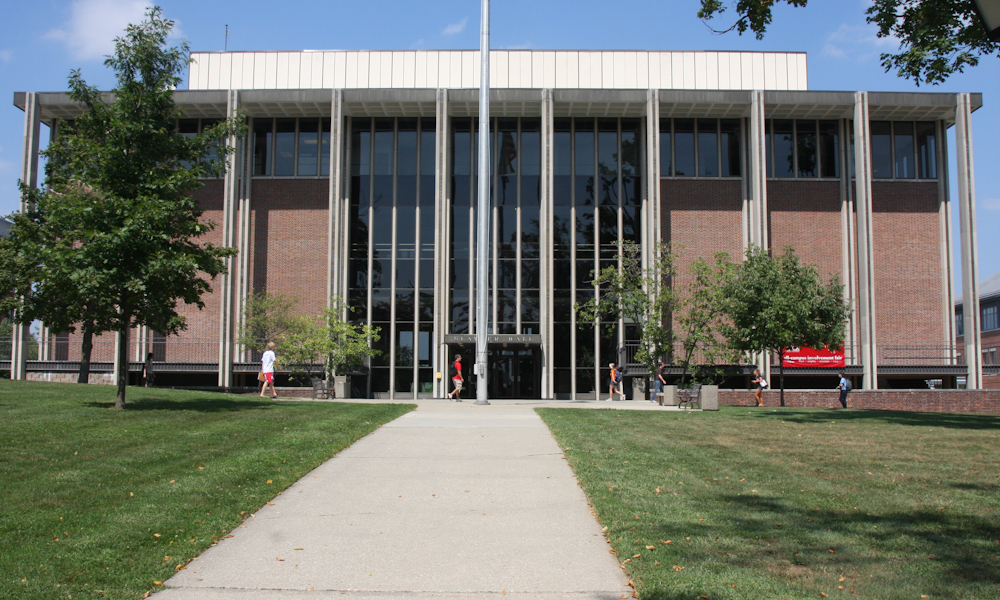Global Studies Seminar presents Fadhel Kaboub
| Location: | |
| Ticket Info: | Free |
| Questions: |
Associate Professor
|
| Sponsor(s): |
The Global Studies Seminar presents a talk titled “The Case for a Global Green New Deal: Climate Debt & Colonial Reparations,” by Fadhel Kaboub, associate professor at Denison.
A Green New Deal (GND) must address inequality and climate change, both of which are global problems that cannot be tackled by national policies alone. Using a Modern Monetary Theory (MMT) analysis, this presentation argues that countries with full monetary sovereignty must implement their own GND programs as soon as possible. However, developing countries do not have the fiscal policy space and technological capabilities to implement a GND. Therefore, a series of questions must be addressed: How to finance a Global GND? How to make technology available to developing countries? How to structurally change a system that perpetuates climate change and global inequality?
The presentation argues that a Global GND must call for a Global Truth & Reconciliation Commission to hear and acknowledge the grievances of people who suffer the socio-economic, political, environmental, and humanitarian consequences of colonial, post-colonial, and industrialization policies that have contributed to climate change and global inequality. A Global reparations program is proposed to: 1. provide financial compensation for climate debt and colonial debt, 2. transfer technology, and resources to regions/countries that require assistance, and 3. redesign the global economic and financial architecture for a more sustainable, prosperous, and equitable system.
Kaboub is an associate professor of economics and the President of the Global Institute for Sustainable Prosperity.
